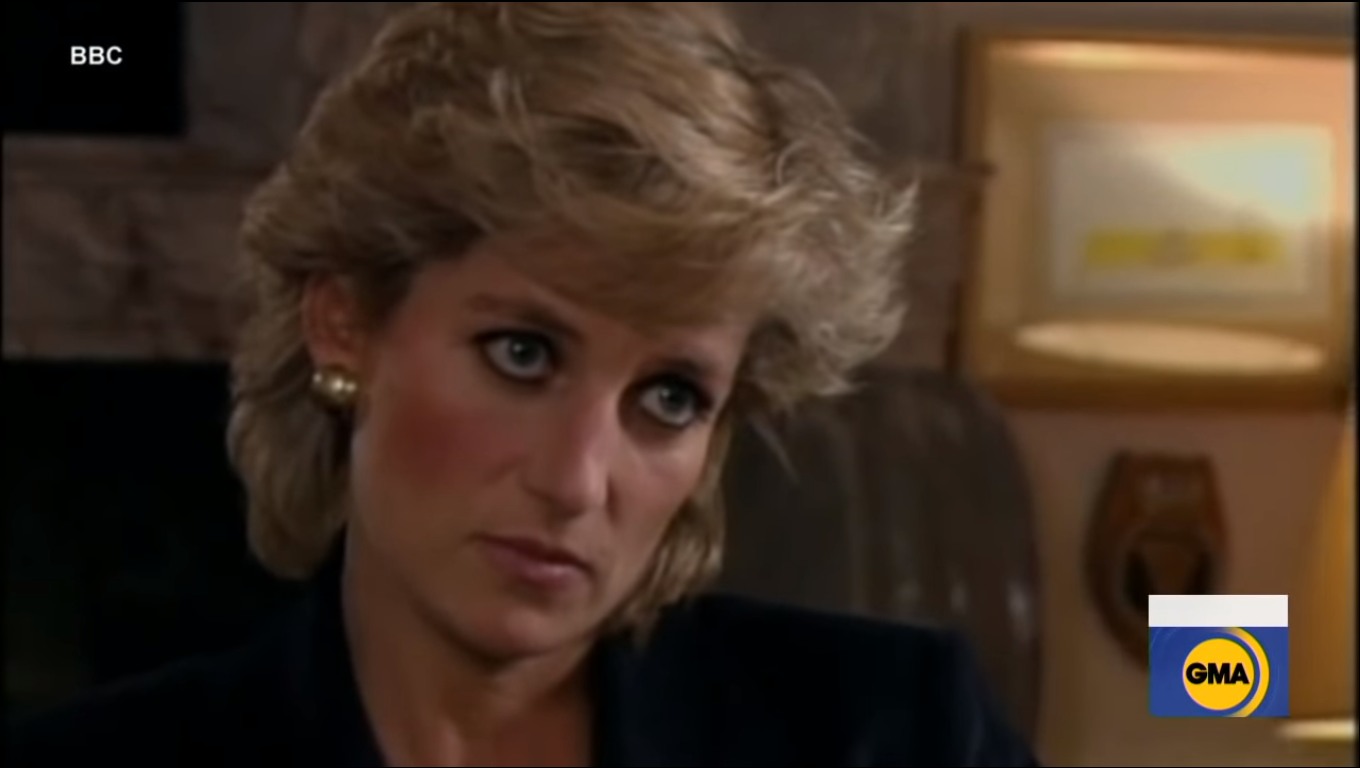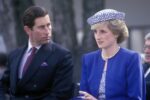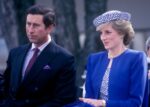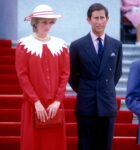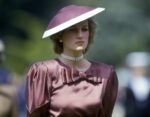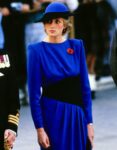This year is the 30th anniversary of Princess Diana’s infamous Panorama interview, the one where she spoke publicly about her husband’s adultery, how she believed Charles was unfit for the job of king, and how she knew she would never be queen consort. When the interview aired in 1995, Diana’s private secretary Patrick Jephson resigned. He was upset that Diana cut him out of the discussions for the interview, and he repeatedly told Diana not to give any interviews. In years past, Jephson was painted as someone more loyal to the crown than Diana, and that he resigned because he couldn’t deal with Diana specifically. But I think there’s more nuance to it. Jephson recently spoke to The T Podcast, the Telegraph’s in-house pod, and he says in so many words that once Panorama came out, he felt like Diana sealed her own fate. Which is a huge f–king deal to say out loud, that he believes Diana would still be alive if she had never talked on camera. He also said some interesting stuff about how the left-behind royals are giant dumbasses who have tanked the monarchy’s popularity.
The Panorama interview is the reason why Diana died: Those closest to her, including Jephson, now believe that she may not have died less than two years later in the Pont de l’Alma tunnel in Paris if she hadn’t given the interview that prompted her divorce from Prince Charles and alienated her from those who had dedicated their careers to protecting her. Jephson : “She was going to be the next queen, but for Bashir, it’s not impossible that she would still have been the next queen. There is therefore everything for her sons to regret in not being able to observe at firsthand how she handled the responsibilities and demands of her life as a princess and future consort. They never had the benefit of her guidance as they grew through their teenage years or into adulthood. I do hope that they understand that there was far more to her life than the rather simplistic image we have in the statue in the grounds of Kensington Palace. The great shame to me is that the family she married into failed to take her seriously and, as a result, denied the country a priceless asset. They let her slip through their fingers and we’ve all been the poorer as a result.”
The declining popularity of the Windsors: “I think that when all the history books are written about this period, there will be criticism for those who have been responsible for the management of the royal brand, of the royal institution generally. There has been a succession of poor decisions and there isn’t space for many more. There was a bottomless reservoir of goodwill towards the monarchy. British people express their patriotism through this family. That puts an extra burden on them to be worthy of that trust and there’s a lot of damage that has been done to that relationship; I think that it’s going to be an uphill job to repair it. The future of the monarchy now comes down essentially to the Prince and Princess of Wales.”
The briefing campaign against Diana: “[In the early 1990s] It was a very unpleasant period that the media came to refer to as the Battle of the Waleses, when I became aware that some in her husband’s camp were briefing against her.” It was a political-style campaign, he says, and extremely stressful for those on the receiving end.
The Panorama interview: Jephson became aware that Diana was “taking her PR into her own hands”, but he had no idea she had recorded the interview with Bashir until it was “in the can”. “She did feel that the establishment media was ranged against her and this was something which the Prince’s advisers took full advantage of. I was aware that she was keen for her side of things to be known. My belief was that her best argument was to carry on doing her job and be photographed doing it. She just needed to get on with working hard and being herself. She didn’t need fancy spin-doctoring.”
The what-ifs: “It’s easy to get into lots of what-ifs, but I think some of them are legitimate now. I do believe that by listening to Bashir, by believing the lies he told not just about me but about a number of people close to her, she lost confidence in the wider aspects of the royal machine, which she found irksome sometimes. It’s easy to make fun of things like protocol and proper organisation, but they are there for a purpose. They have the simple intention of keeping them safe and able to do their job. The visit to Paris in 1997 was a private visit, but I’d been there many times with Diana. There were particular hazards involved, particularly the paparazzi, and we had dealt with them in the past. I have no doubt we would have dealt with them again, but by putting herself in the hands of people who were not competent to look after her, Diana hugely increased the risk of something bad happening. And indeed it did.”
Smearing a dead woman: When “the forces that had been hostile to Diana redoubled their efforts after she died”, Jephson was determined to set the record straight. “There were very systematic attempts to paint her as having been in some way mentally not up to the job.” He cites Penny Junor’s 1998 book Charles: Victim or Villain, which suggested that the princess had been mentally ill. “All sorts of untrue and very hurtful things were being written about my late boss; I felt it was right for me to do something to redress the imbalance so that whatever was written about Diana in the rest of history, they would find my little tuppenceworth in the pile there somewhere.”
“She was going to be the next queen, but for Bashir, it’s not impossible that she would still have been the next queen.” Hard disagree – Diana wanted to give an interview and tell her side of the story. Jephson and many others act as if she was a confused little girl – while Bashir manipulated her and fed her lies, Diana spoke her truth and she wanted to get everything out there before she was placed under a gag order from the divorce. She waited to speak until her marriage was irretrievably broken and she waited until knew that she and Charles would divorce. Diana understood something fundamental: she had to get her story out, lest Charles’s version of events become the sole narrative. Charles has spent the past 30 years trying to delegitimize Diana and her own words, that’s how important her interview was. Jephson even acknowledges that Charles was waging a full-blown campaign against Diana as well.
As for what Jephson skirts around for this current generation of left-behinds… it sounds like he doesn’t think much of Charles’s reign, and he doesn’t think there will be much support for the monarchy left for William and Waity. Oh well!
Photos courtesy of Avalon Red, Cover Images. Screencap from Panorama.

